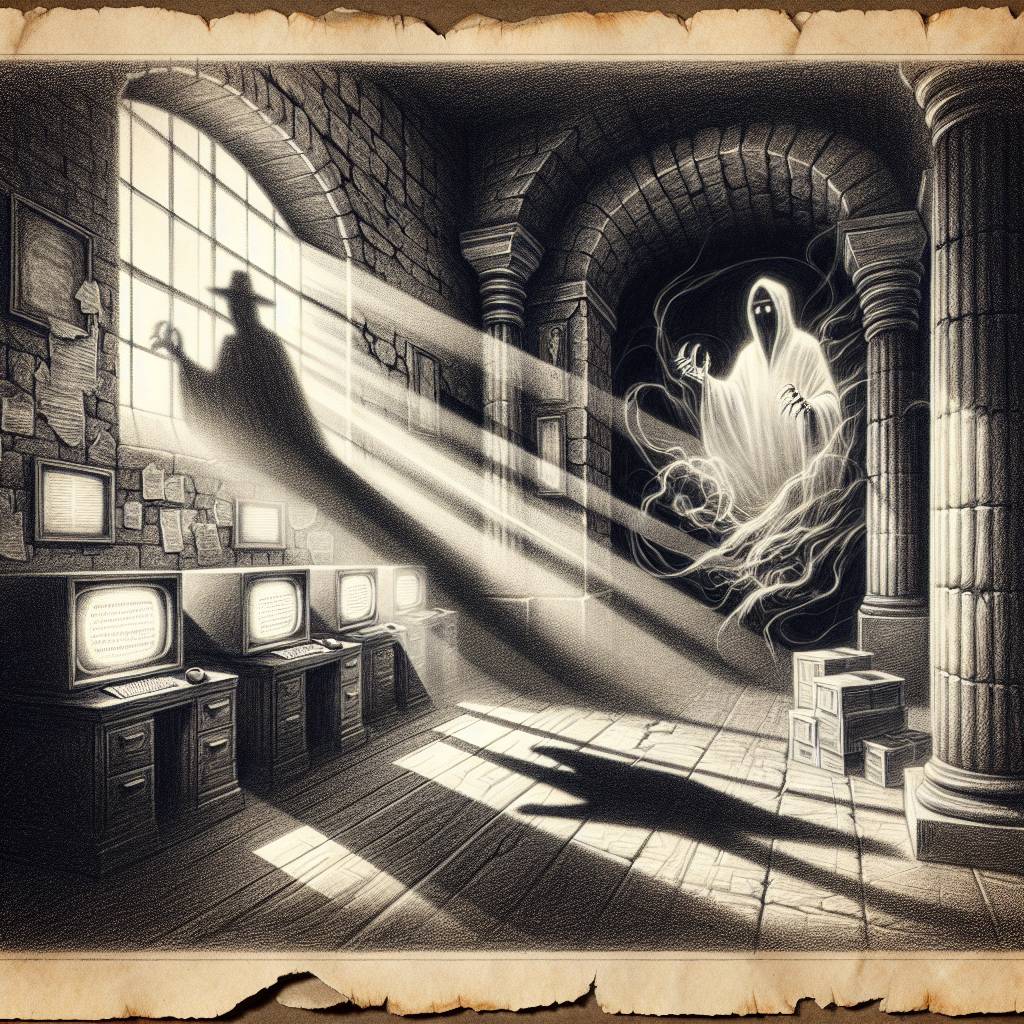Ghost Ransomware Strikes Again: How Outdated Software Opens the Door to Cyber Havoc
Ghost (Cring) ransomware is no friendly specter; it gatecrashes outdated applications, targeting everything from healthcare to critical infrastructure. Armed with tools like Cobalt Strike and Mimikatz, it sneaks in, wreaks havoc, and demands a ransom. You can almost hear it whisper, “Boo!” as it leaves a ransom note behind.

Hot Take:
Looks like the Ghost (Cring) ransomware is giving the term “ghosting” a whole new meaning! Instead of disappearing without a trace, this cyber specter sneaks in, encrypts your data, and leaves a ransom note. Talk about a haunting experience! With a toolset that makes a Swiss Army knife look like a toothpick, this digital poltergeist is making sure that outdated software is more like bait than a relic. Time to exorcise those vulnerabilities before Ghost gives your data a permanent case of the boo-hoos!
Key Points:
- The Ghost/Cring/Crypt3r group emerged in 2021, exploiting outdated applications to gain access.
- Targets include critical infrastructure, healthcare, and government sectors.
- The group employs tools like Cobalt Strike, Mimikatz, and others in its attack chain.
- The ransomware is .NET based with obfuscation techniques to dodge analysis.
- The payload varies per victim, with encryption avoiding critical system files.
